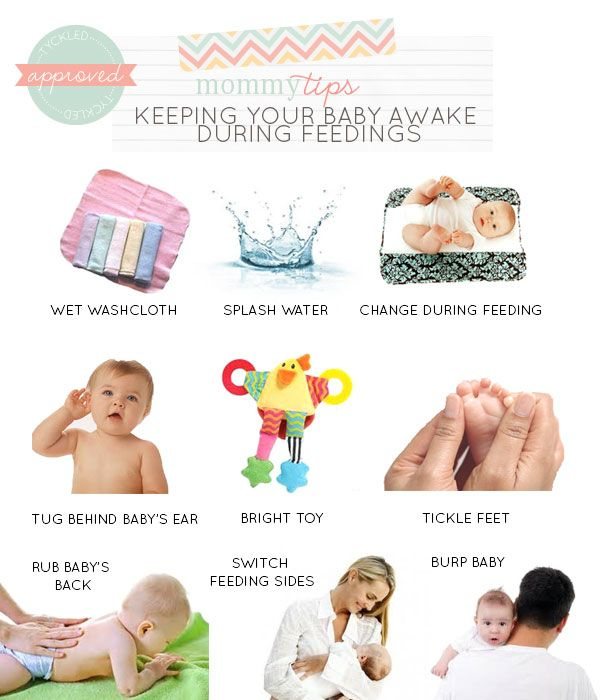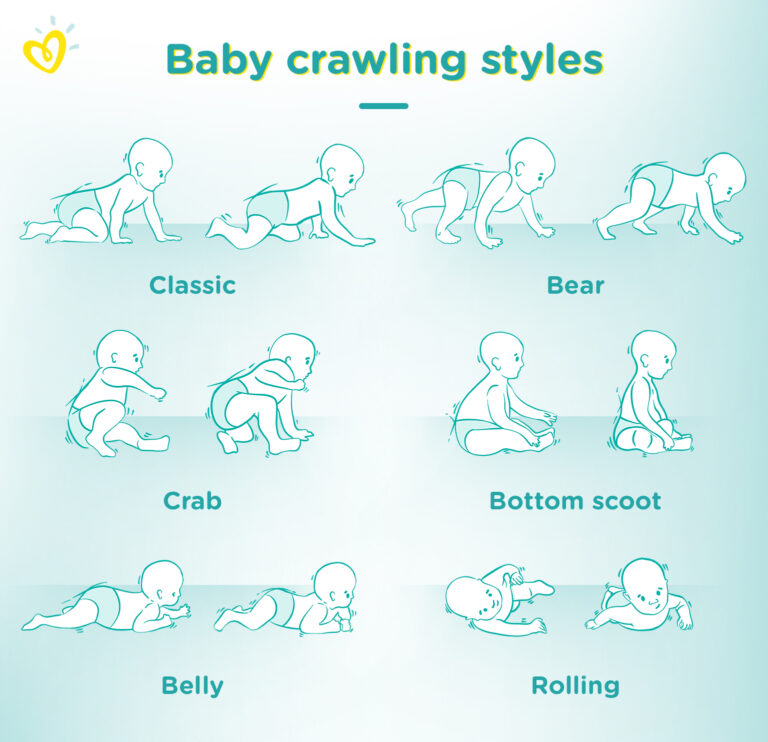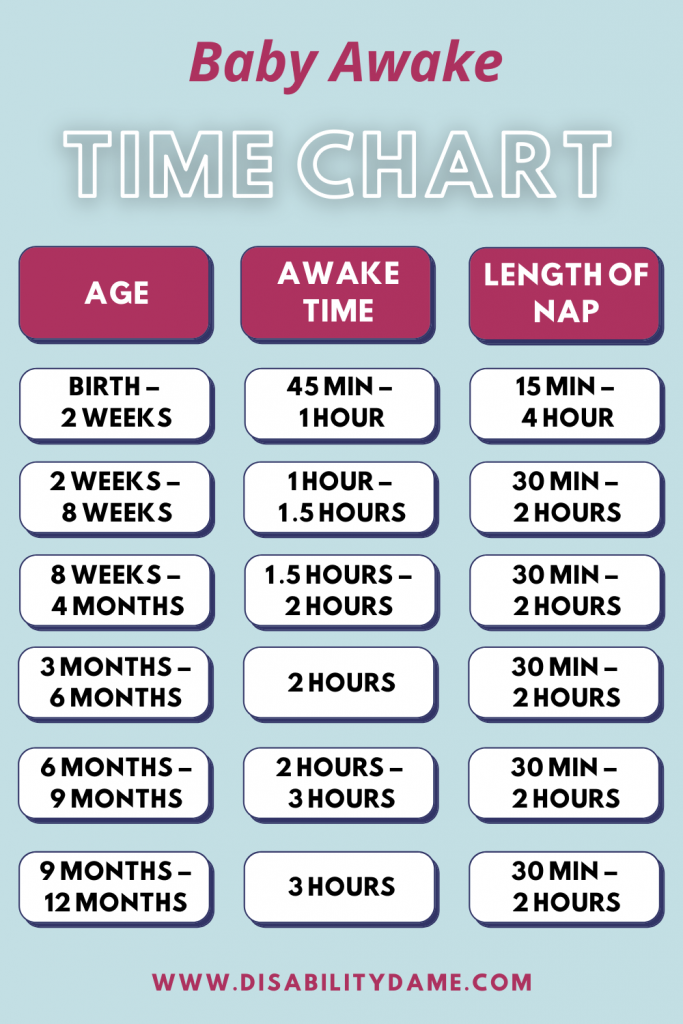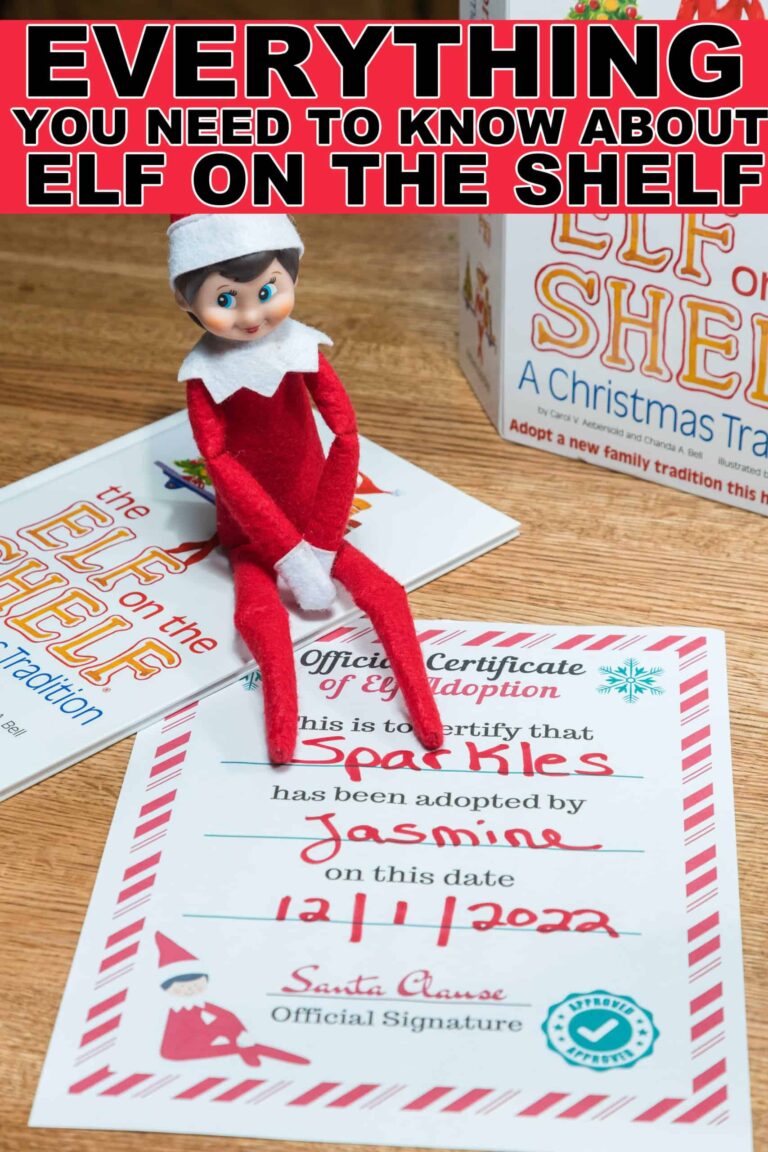When Does A Baby Smile: Unveiling the Joyous Moment
Welcoming a newborn into the world is a moment filled with wonder and joy. One of the most heartwarming milestones in a baby’s development is their first smile. As a parent, witnessing your baby’s smile for the first time can be an unforgettable experience that melts your heart. In this article, we will delve into the fascinating world of baby smiles, exploring when and why babies smile, and what it signifies in their growth and development.
Knowledge
In the early days of a baby’s life, their smiles are often considered reflexive smiles. These reflexive smiles typically occur when babies are asleep, and they are not a response to external stimuli. As babies grow and develop, they begin to exhibit social smiles, which are genuine responses to interactions with their caregivers.
Most babies start to exhibit social smiles between 6 to 8 weeks of age. However, some babies may start smiling as early as 4 weeks, while others may take a bit longer to show their first smiles. It is important to remember that every baby is unique, and developmental milestones can vary from one child to another.
Babies smile in response to various stimuli, such as hearing their caregiver’s voice, seeing their face, or engaging in playful interactions. Making silly faces, cooing, and playing peek-a-boo are all activities that can elicit smiles from babies. As babies grow and become more aware of their surroundings, they may also smile in response to familiar sounds, sights, and smells.
When a baby smiles, it triggers a cascade of neurochemical reactions in the brain that release feel-good hormones such as dopamine and oxytocin. These hormones play a crucial role in bonding between the baby and their caregivers, fostering a sense of security and trust. Smiling also helps babies learn to communicate and express their emotions, laying the foundation for social interactions later in life.
Conclusion
In conclusion, the moment when a baby smiles for the first time is a precious and heartwarming experience for parents. It signifies a baby’s growing awareness of their environment and their budding social skills. Understanding the significance of baby smiles can help caregivers nurture their bond with their little ones and support their healthy development.
For parents and caregivers, witnessing their baby’s first smile is a moment of pure joy and connection. It is a reminder of the beauty and wonder of childhood, and a testament to the power of love and nurturing. As babies continue to grow and develop, their smiles will become even more expressive and meaningful, reflecting their ever-evolving personality and emotions.






